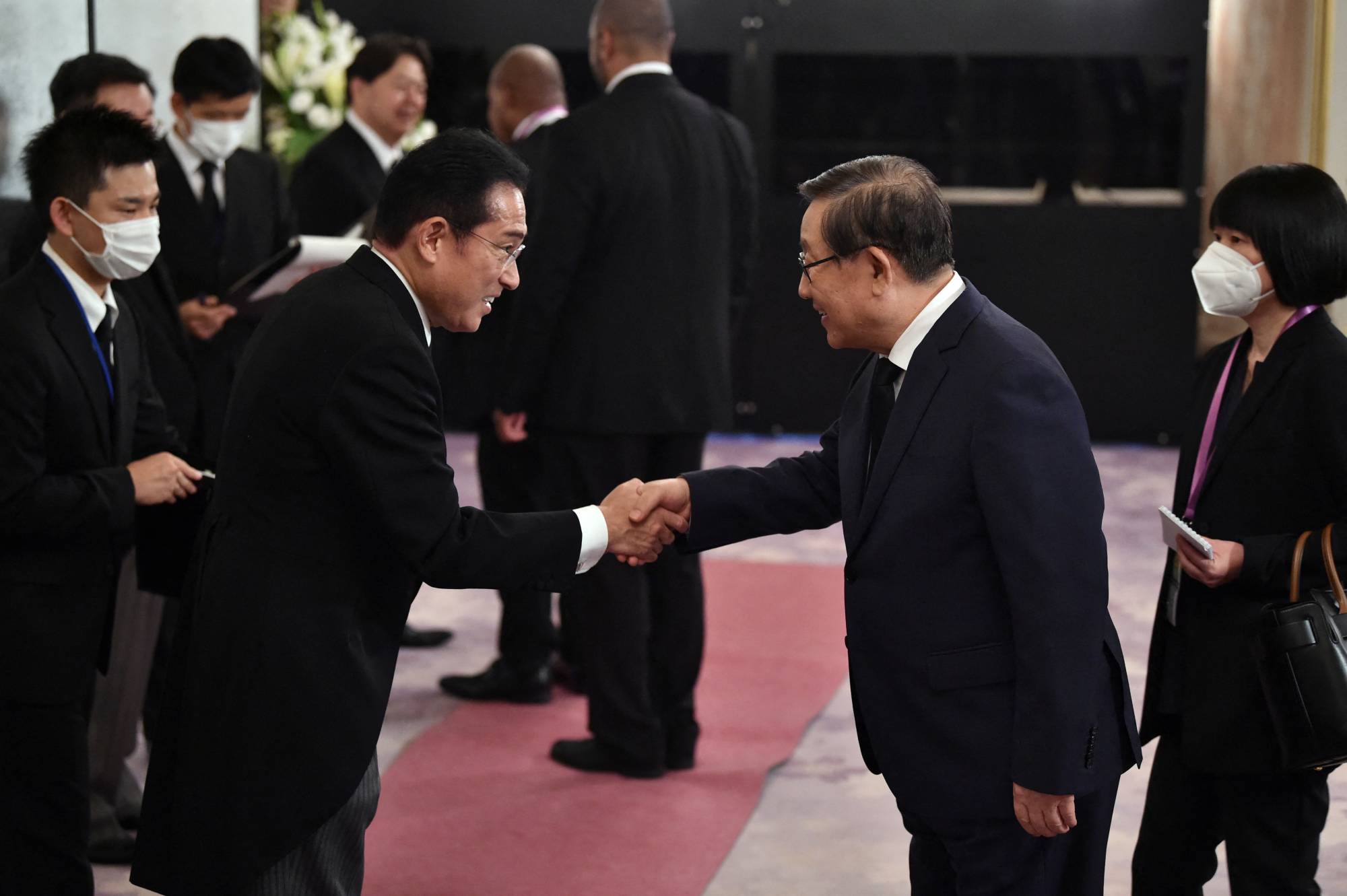Japan and China mark half a century of diplomatic relations on Thursday, but analysts say there is little to celebrate as ties grow increasingly acrimonious over territorial disputes, rising defense spending and the fate of self-ruled Taiwan.
While the relationship went into a deep freeze around 2012 amid tit-for-tat moves over the disputed Senkaku Islands in the East China Sea, signs of a thaw appeared in 2018 when Chinese President Xi Jinping seemed poised for his first state visit to Japan.
But any potential for a breakthrough was short-lived.



















With your current subscription plan you can comment on stories. However, before writing your first comment, please create a display name in the Profile section of your subscriber account page.